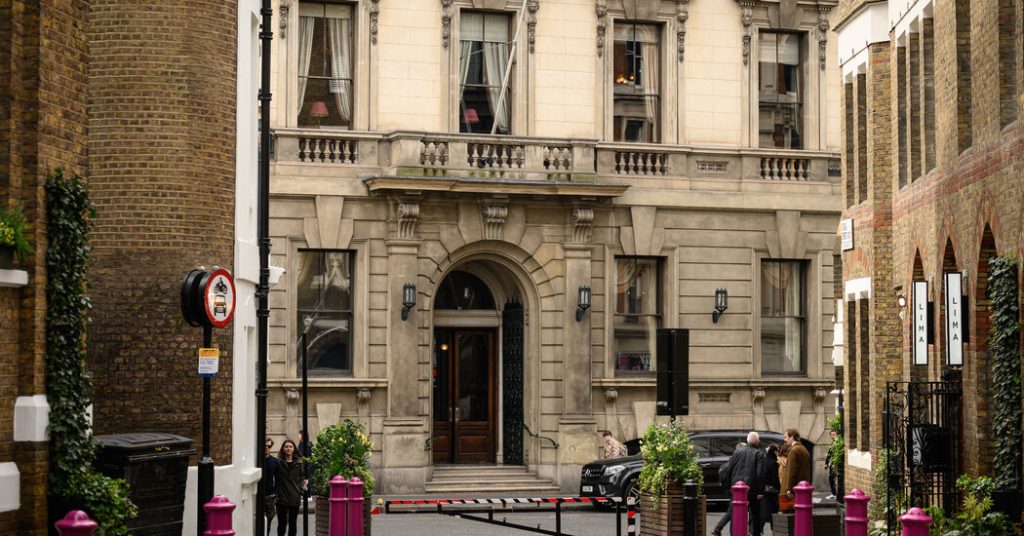The Garrick Club, one of Britain’s oldest men’s clubs, located in London’s Covent Garden, has been at the center of controversy due to its men-only policy. Recent attention from The Guardian newspaper has highlighted the exclusivity of the club, prompting resignations from senior government officials and sparking a debate among its 1,300 members. Some members argue that the club has the right to determine its own membership, while others feel it is time to admit women in order to reflect modern values of diversity and inclusion.
The club’s unique membership list includes prominent figures from various fields such as acting, music, politics, and journalism. Despite the presence of progressive members who support admitting women, the club has strict bylaws requiring a two-thirds majority vote for any policy change. Past attempts to vote on admitting women in 2015 did not reach the required threshold, and the issue remains contentious within the club. Some members believe that the debate is overblown and that the club should not be subject to public scrutiny.
In contrast to private clubs in New York that began admitting women in the 1980s, London clubs like the Garrick maintain a staunch tradition of excluding women. Defenders of the men-only policy argue that the club is primarily a social institution where members can relax, enjoy companionship, and engage in banter that may be inappropriate in mixed company. Despite the limitations on conducting business or discussing serious matters, some see the club as a sanctuary where like-minded individuals can come together in a unique environment.
Women are currently allowed as guests at the Garrick Club but are prohibited from accessing certain spaces, such as the members’ lounge known as Under the Stairs. Critics argue that excluding women from such informal gathering places limits their opportunities for networking and professional advancements. The debate over admitting women at the Garrick is intensified by the club’s star-studded membership list, with high-profile figures weighing in on both sides of the issue.
The question of whether women should be admitted as members at the Garrick Club reflects broader societal discussions around gender equality and diversity. While some members view the controversy as unnecessary, others see it as a critical opportunity for the club to evolve and adapt to modern values. The outcome of this debate will not only impact the club’s future but also contribute to the ongoing dialogue about inclusion and representation in traditionally exclusive spaces.


